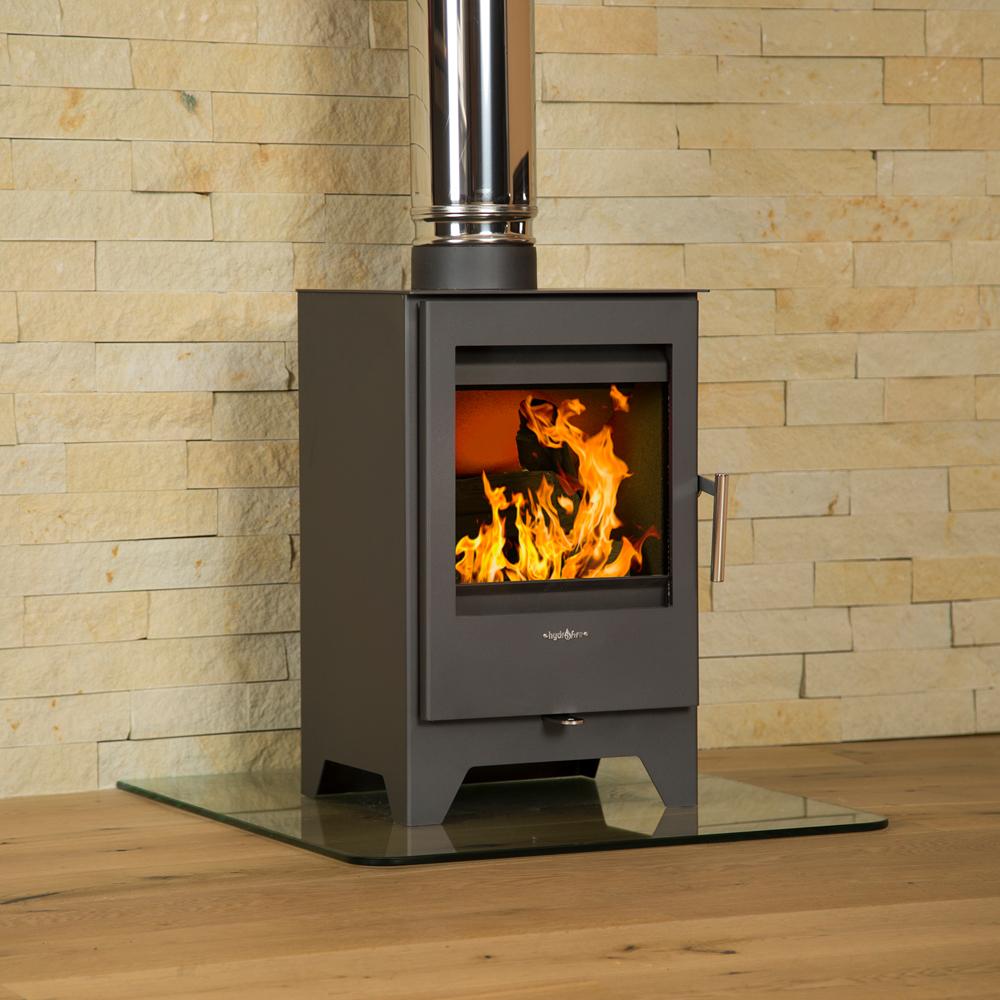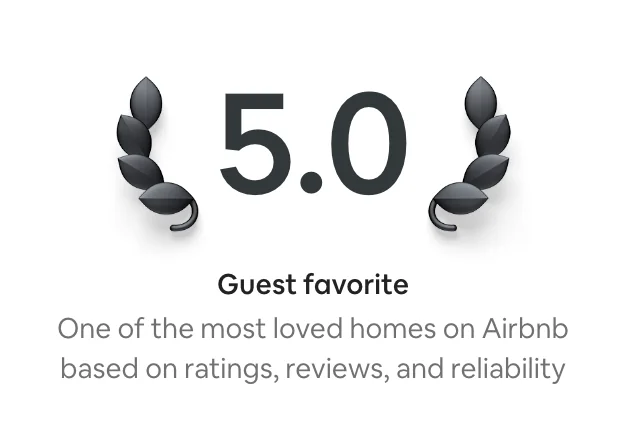How Would You Cut Cape Town Airbnb Heating Costs When Guests Are Cold, It’s Wet?
The Challenge of Heating Airbnbs in Cape Town’s Winter
Cutting Cape Town Airbnb Heating Costs
As you know, Cape Town’s cold, wet winters challenge Airbnb hosts. High electricity costs, load shedding, and wasteful guest behaviours drive up heating bills.
And many times, guests’ heating demands exceed what is financially sustainable for hosts.
These opposing objectives cause conflicts between hosts and guests, resulting in poor reviews.
We must find a way to use less electricity and increase profitability while keeping guests comfortable, and warm!
When you get a review starting out like this you know we need to make another plan “Cape Town was experiencing a cold front, so the house was SUPER cold at night. Unfortunately, this house isn’t equipped to host 10 guests during cold seasons.”
Pay-as-you-go Fireplaces as a Smart Solution
Unfortunately, electricity is not an easy pay-as-you-go option for guests. Traditionally, guests expect free electricity. Especially guests not familiar with the South African electricity situation.
I believe we can change this free-to-use mindset by changing the heating fuel. And pass the buck and responsibility to the guest.
I had a look at oil-fired and wood-fired heating. In general, the experts indicated enclosed wood-burning fireplaces to be safe and cost-effective. Let’s assume this is correct.
In addition, wood-burning fireplaces offer a pay-as-you-use solution. And guests would accept additional costs as a self catering cost, similar to accepting our starter packs of essentials like olive oil, salt and pepper, coffee, and tea. If they run out, they purchase as per their needs.
Guests would pay for the wood they consumed, giving them an incentive to conserve fuel.
Capital and installation costs for fireplaces can be recovered quickly from savings versus electric heaters. Fireplaces also work during power cuts for reliable, romantic heating.
Operating Pay-As-You-Use Fireplaces Effectively
Begin by selecting a fireplace that matches your space. Consider the footprint, chimney requirements and heating capacity. Here’s an example of a small fireplace for rooms I found while doing research for this article. Obviously, you may like it or not and find others to meet your needs.
Recovering Installation Costs in about 2 Years
Here’s a rough estimate of costs to give you an idea. (If you want to consider a woodfired option, please verify the data.)
- A pay-as-you-use fireplace costs R11,000 for the unit and R2,300 for installation, – a total of R13,300.
By contrast, a typical 2kW electric heater costs R1,450 per month of reasonably fair use by the guest.
Assuming the fireplace is used for 5 months per year during the winter.
- The Airbnb host provides an initial starter pack of one day’s worth of wood, assuming a cost of R1000 total for the season per room (with a fireplace).
- Guests then pay for any additional wood consumed beyond the starter supply. Guests can buy wood from local grocery stores or fueling stations. Or the host can provide bulk wood in bags and guests are charged for the consumption of bags after the stay.
- Comparatively, a 2 kW electric heater would cost approximately R7200 to heat one room for 5 months.
- Therefore, the fireplace could save the host R6200 per winter in heating expenses.
At this rate of cost-savings, the host could recover the R13,300 cost of the fireplace within just a little more than 2 winters – showcasing the strong potential for short-term return on investment through this pay-as-you-use solution.
In conclusion:
This is not the only solution. You may have a better idea. Why not share it?
We all know, trying to restrict guests’ electricity consumption is a challenging task. In fact, it’s a cause for conflict between the guest and the host. When you provide a pay-as-you-go option at a self catering home, you remove this conflict, as guests expect self catering. In addition…
I believe pay-as-you-use fireplaces have the potential to significantly reduce Airbnb heating costs in Cape Town’s winter while maintaining guest comfort. With proper installation, operation, and wood supply, hosts can maximise the benefits of this smart solution for cutting expenses, boosting returns, and keeping guests happy.
Yours for more hosting happiness,
Johan Horak Agency.CapeHolidays.Info
P.S. Thanks to Toby for the electricity cost calculations.
The fireplace I am referring to is:

Weight 41 kg, 38.4 × 38.6 × 65.3 cm ,Steel, fuel wood, Power Output 5kW – 7kW, Heating Area 48m² – 57m², Efficiency 80%





